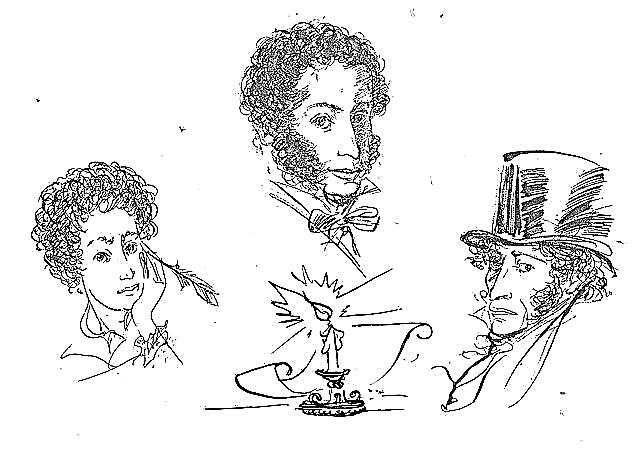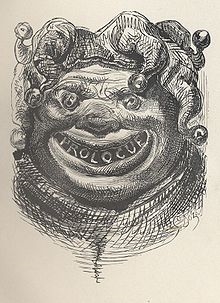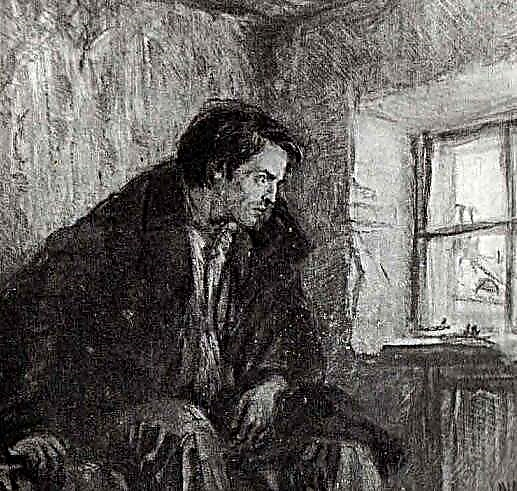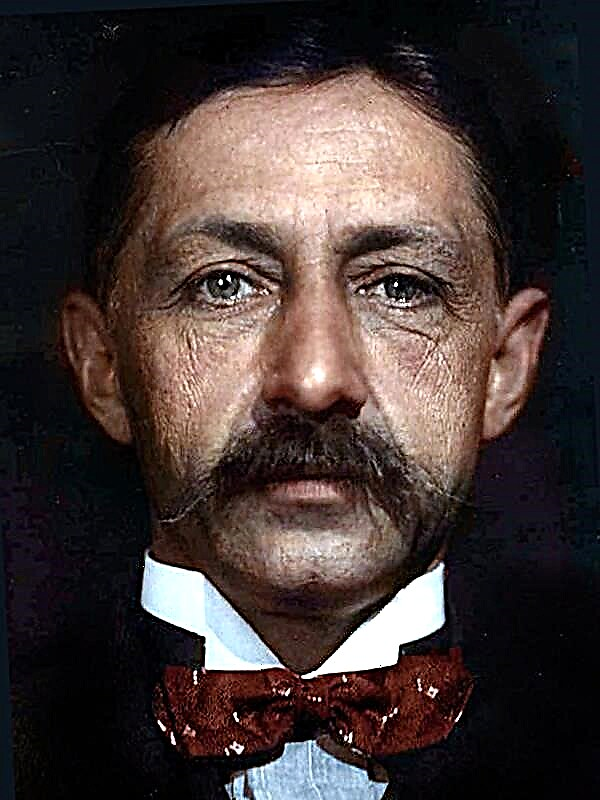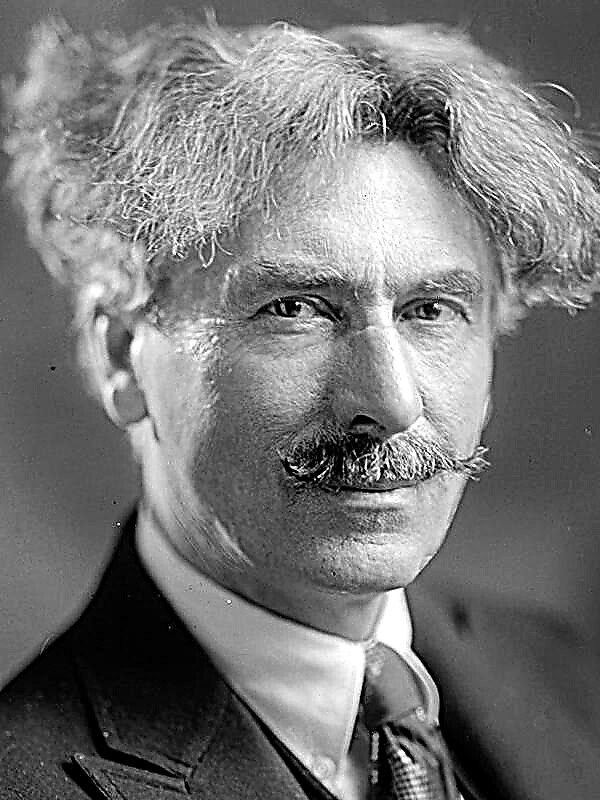(338 words) Kindness and mercy are one of the main human qualities that determine a person. Indeed, when we see in front of us a sensitive, compassionate person who is ready to help and support, it is with these concepts that we characterize him. But what is the difference between these words? Many writers revealed the essence of these concepts, emphasizing the difference between them. Let us turn to examples from their books.
In the work of A. Pushkin, “The Captain's Daughter”, Pugachev, being, it would seem, a negative character, shows mercy to the main character, Pyotr Grinev. He pardoned the fact that the young man at one time gave the Cossack his sheepskin coat, not even suspecting the adventurous character of the "man." Thus, the author distinguishes between the concepts of “kindness” and “mercy” and says that they do not necessarily go together: Pugachev cannot be called a kind person, the rebellion under his leadership is considered one of the most cruel and bloody in Russian history, but he shows mercy to the person to whom he is grateful for a good deed. In the understanding of Pushkin, mercy borders on honor, which, despite the robber essence of Pugachev, is present in him.
One of the strongest images, combining both kindness and mercy, can rightfully be considered the image of Sonya Marmeladova from the novel by F.M. Dostoevsky's "Crime and Punishment." Forced to work on the panel, Sonya is extremely kind to her family, she is full of compassion and pure love. But her true mercy is manifested in a scene where Raskolnikov confesses to her in the murder of an old woman-interest-girl - she forgives Rodion, having managed to understand him. Knowing how hard it will be for a young man in prison, Sonya, sincerely loving him, accompanies him even to hard labor, where other convicts recognize her as a "holy woman." Mercy in the understanding of Dostoevsky is different in that for him it is necessary to understand and accept the essence and reason of the act committed by Raskolnikov, while the kindness of Sonya is the reason for the emergence of such a quality.
Thus, kindness is unconscious and manifests itself in every good deed, and mercy is a conscious justification of the guilty, Christian forgiveness. These virtues do not always go side-by-side, sometimes one quality grows from another, in other cases, each of them can originate autonomously. Thus, mercy can appear in a person who is not good in the generally accepted sense of the word, or it can emphasize kindness by raising a person to a higher level of piety.



